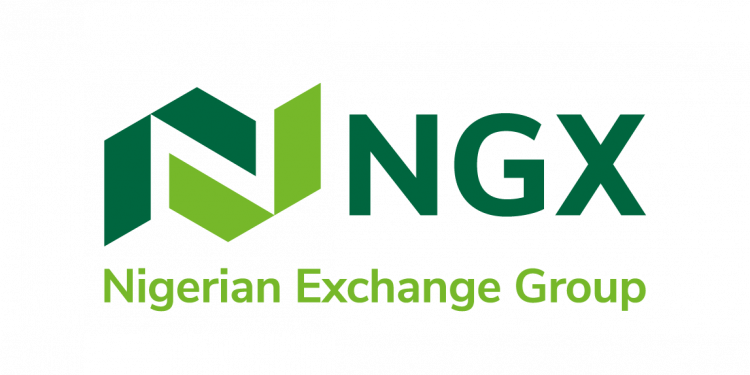The Nigerian stock market opened the week on a bearish note, as profit-taking activities weighed on the performance of key stocks including GTCO (-8.6%), DANGSUGAR (-10.0%), and ZENITHBANK (-5.8%). Consequently, the All-Share Index saw a decline of 1.2%, settling at 67,296.18 points. The Month-to-Date and Year-to-Date returns were recorded at +1.1% and +31.3%, respectively.
In terms of trading volume, there was an increase of 7.6% to 520.13 million units, valued at NGN8.33 billion, exchanged in 9,914 deals. UBA was the most actively traded stock by volume, with 73.93 million units, while ZENITHBANK took the lead in terms of trading value, with NGN1.52 billion.
The market performance was reflected in the sectoral indices, with losses seen in the Banking (-6.1%), Insurance (-2.1%), Consumer Goods (-1.5%), Industrial Goods (-0.3%), and Oil & Gas (-0.1%) sectors.
Regarding market breadth, sentiment was negative (0.4x) as 43 stocks recorded losses, while 16 managed to gain ground. ETRANZACT (-10.0%) and NASCON (-10.0%) experienced the most significant declines, while NNFM (+10.0%) and OANDO (+9.7%) were among the top gainers.
Currency:
The Nigerian naira depreciated by 6.6% to NGN773.50/USD at the Investors and Exporters (I&E) window.
Money Market & Fixed Income:
The overnight lending rate expanded by 208 basis points to 20.8%, driven by a lack of significant funding pressure in the system.
In the Nigerian Treasury bills secondary market, trading exhibited mixed sentiments but leaned towards a bullish trend. The average yield decreased marginally by 1 basis point to 7.9%. While the average yield remained unchanged at the short end, it declined at the mid (-1bp) and long (-1bp) segments due to increased demand for the 178-day (-4bps) and 346-day (-2bps) bills, respectively. Similarly, the average yield dipped by 1 basis point to 13.3% in the OMO segment.
In the FGN bonds secondary market, trading was mixed, and the average yield remained unchanged at 14.2%. Among the benchmark curve, the average yield decreased at the short end by 1 basis point, driven by investor interest in the MAR-2024 (-3bps) bond. Meanwhile, the average yield held steady in the mid and long segments.















